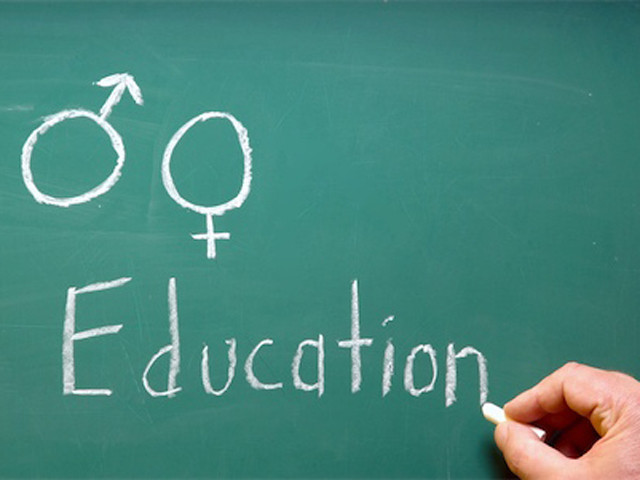Islamabad:
In Pakistan, children grow up with questions that they do not know how to ask – and when they ask, they have often encountered a silence, nervous laugh or a rapid change of subject. Some questions are whispered among friends in school corridors. Some are quietly tapped in the search bars at night. But the truth is that the questions are still there. And the more we do not know them, the more our children are likely to find answers to all bad places.
It is easy to say that a child is “too young” to know something. But the reality is that many already discover it – through social media, peers or internet algorithms which do not require parents’ consent or the cultural context. When schools do not teach them, when parents do not speak to them, children do not stop being curious. They will just look. And on the internet, what they find can go from dangerous to dangerous.
There is no shortage of videos, memes and influencers arranged to explain the world to them – often in an inaccurate, sensational or even predatory way. A child trying to understand the changes in his body can be found on content designed for adults. A teenager trying to find out about emotional relationships can trip on forums or DMs that exploit their confusion. They are not hypothetics – they occur every day, in each city, on each smartphone.
This is why health education in schools is no longer optional. It is necessary.
When we talk about health education, in particular puberty, reproduction and emotional well-being, we are not talking about anything inappropriate. We are talking about facts – to help children understand each other before the world teaches them bad lessons. It is a question of giving a girl the confidence to know that her first period is normal, not shameful. It’s about giving a boy the tongue to talk about feelings without fear. It is a question of letting each child know that their bodies belongs to them and that he has the right to speak if something is wrong.
There is a calm force to give knowledge to a child. This does not encourage behavior – he encourages understanding. When a child knows the proper names for his parts of the body, understands the limits and can recognize the signs of damage or abuse, he is safer. Not just in their own houses or classrooms, but in the wider world, it becomes more and more difficult to control.
The reality is that children grow up faster than ever. They are more connected, more exposed and more influenced by what they see and hear online. But their emotional development is still fragile. They need advice – soft, precise and respectful advice – delivered in a trusted environment.
It is not a question of introducing new complicated subjects in the study program. Health education can easily be integrated into what is already taught. This can be done in a way that reflects our cultural values and sensitivities. Other Muslim majority countries have done so – quietly, respectfully and effectively. It is not a question of posting the limits. It’s about protecting them.
There is a difference between innocence and ignorance. We must preserve the innocence of childhood – but that does not mean keeping children in darkness. It means giving them just enough light to see where they are going. To understand the changes that occur in them. To respect themselves and the others. Ask questions without fear and know that they deserve answers that are true.
Parents want what is best for their children. Teachers too. But we have to stop expecting these conversations to happen in camera if we have never created a safe space for them. Schools can offer this space – structured, adapted to age and guided by trained educators. When it is done correctly, health education does not undermine family values. This strengthens them.




